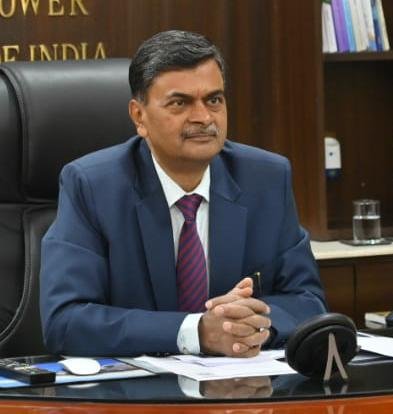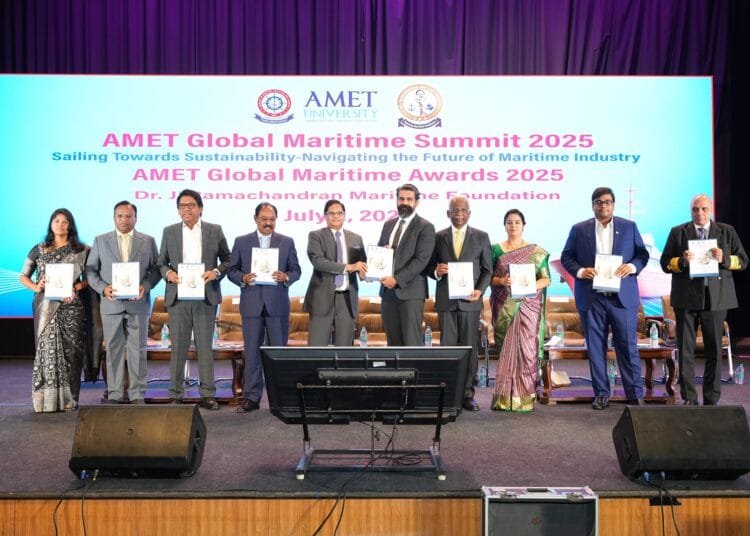Singh underlines states-UTs role in meeting goals on sustainable development
Minister of Power and New & Renewable Energy R.K. Singh has asked the Chief Ministers of all States and Lieutenant Governors of Union Territories to set up State Level Steering Committees for Energy Transition to help progress with the multi-billion-dollar national environment and climate programme.
These Steering Committees will work under the chairmanship of the Chief Secretaries of the respective States and Union Territories, said the MNRE Ministry on 25 May 2022.
The Principal Secretaries of Power and New and Renewable Energy Departments, Transport, Industries, Housing and Urban Affairs, Agriculture, Rural Development and Public Works Departments, etc. will act as members of these Committees. The States and Union Territories will work on the annual strategy of energy transition under the mandate of the committee.
The Minister reiterated that States and UTs have a vital role in meeting state-specific goals on sustainable development in the most energy-efficient way.
He added that the energy transition is the only means of reducing carbon emissions and fulfilling our commitments made at international forums. He informed that some States like Andhra Pradesh, Kerala, Madhya Pradesh, and Uttarakhand have already constituted such committees.
Singh highlighted that for energy transition, the States and Union Territories have to work together on multiple tracks. He added that the first track is the addition of Renewables (renewable energy) to the electricity generation mix to meet the nation’s ever-increasing demand for electricity.
He said that the second track would be the promotion of energy efficiency while the third one would be more use of biomass and green hydrogen.
He said, “If we all work collectively on these points, not only we will be able to achieve our goals, but it will also create new jobs, accelerate development and ultimately benefit every citizen of the country.”
The Minister urged the states to make efforts for zero diesel in agriculture by 2024 by limiting the consumption of diesel in the agriculture sector.
In this regard, financial assistance through RDSS (Revamped Distribution Sector Scheme) may be availed for adopting solar energy for separate agricultural feeders and agricultural feeders under the PM-KUSUM scheme.
Singh stressed that the role of the State Governments is significant for the successful implementation of the reduction in emission intensity by 45% by 2030 as compared to the 2005 level. fiinews.com










